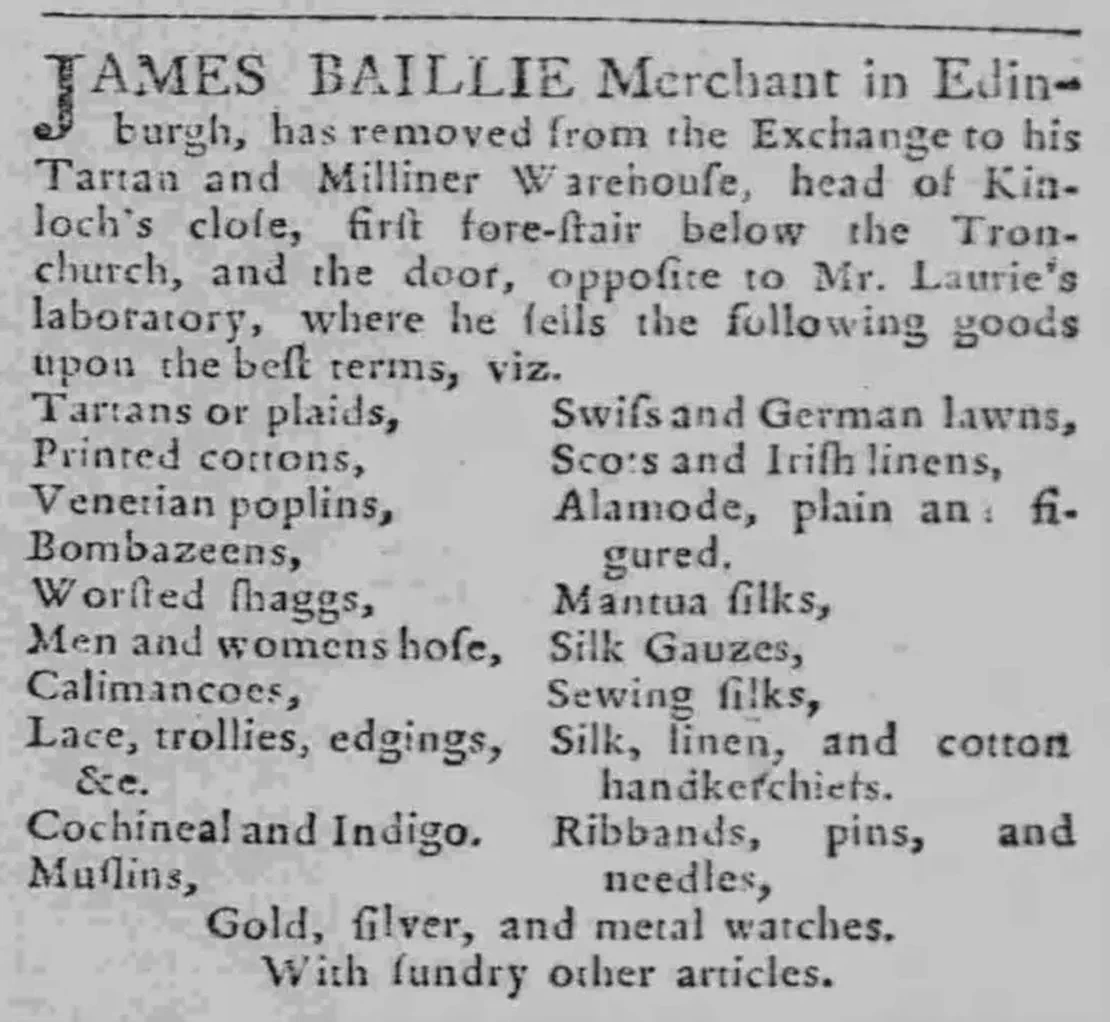- /
- Celtic calendar /
- 7th /
- July 01 /
- July 01, 1782

The Highland Dress Proscription Act Repealed, thus allowing again the wearing of tartan and the carrying of weapons (banned as a result of the, 1745 Uprising in support of Bonnie Prince Charlie).
The Act of Proscription (19 Geo. 2, c. 39), also called the Act of Proscription 1746 was an Act of the Parliament of Great Britain, which came into effect in Scotland on 1 August 1746.
No Tartans or Bagpipes for You !!!
It was part of a series of efforts to assimilate the Scottish Highlands, ending their ability to revolt, and the first of the “King’s laws” that sought to crush the Clan system in the aftermath of the Jacobite rising of 1745.
These laws were finally repealed on 1 July 1782.
Act of Proscription 1746
The “Act of Proscription 1746” was a piece of legislation enacted by the British government in the aftermath of the Jacobite Rising of 1745-1746. The Jacobite Rising was an attempt to restore the exiled House of Stuart to the British throne. It culminated in the Battle of Culloden in 1746, where the Jacobite forces were decisively defeated by government forces.
In the wake of the Jacobite defeat, the Act of Proscription was passed by the British Parliament. The main provisions of the act were aimed at suppressing Highland culture and curbing the influence of the clans that had supported the Jacobite cause. Some key elements of the Act of Proscription included:
Ban on Highland Dress
The wearing of traditional Highland attire, including kilts and tartans, was prohibited. This was seen as an attempt to break down the distinctive cultural identity of the Highlanders.
Disarmament
Highlanders were required to surrender their weapons, with severe penalties for non-compliance. This was intended to prevent any further uprisings.
Restrictions on Clan Activities
The act imposed restrictions on the activities of clans, including the gathering of clan members. It aimed to weaken the traditional clan structure.
The Act of Proscription was part of a broader effort by the British government to assert control over the Highlands and eliminate what was perceived as a rebellious and troublesome culture. The restrictions remained in place for many years, and it was only in the 1780s that some of these prohibitions were gradually lifted.
The act had a significant impact on Highland culture and society, and its repeal was part of a larger process of cultural and political change in the Scottish Highlands.
- Highland dress proscription act